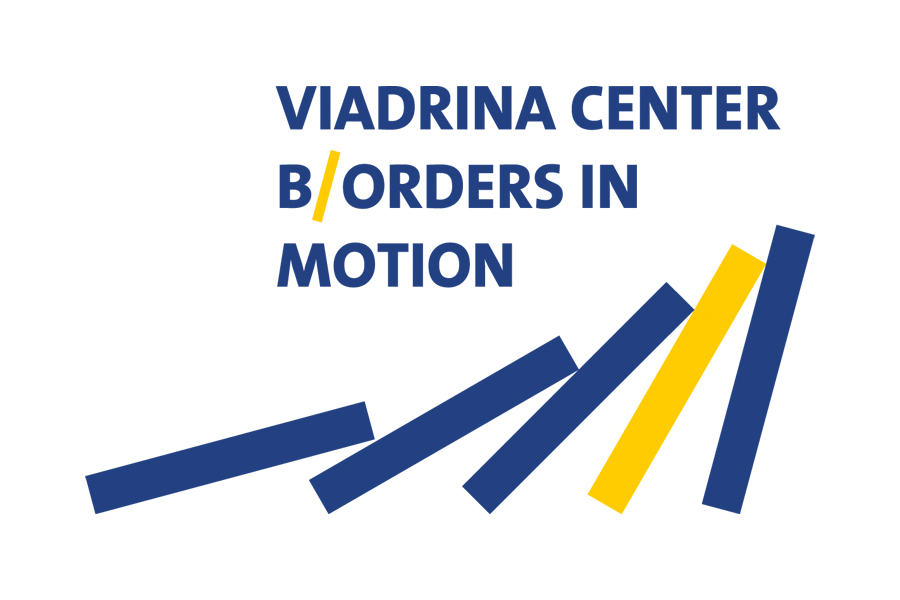Models of Live-in care. Legal and socio-ethical proposals for the further development of a personalised service
The effectiveness of EU law in the crisis of the European Union - Jean Monnet Centre of Excellence
Project lead:
- Prof. Dr Eva Kocher (Professorship holder, Civil Law, European and German Labour Law, EUV)
- Prof Dr Bernhard Emunds (Nell-Breuning-Institut, Phil.-Theol. Hochschule Sankt Georgen)
Funding institution:
Hans Böckler Foundation
Project duration:
2020-2021
Project description:
Live-in care, also known as 24-hour care provided by a carer, often from Eastern Europe, is an integral part of the German care system, but poses legal and ethical problems. The research project focuses on model projects by placement agencies and welfare organisations that claim to improve the legal and ethical organisation of live-in care.
It is estimated that home care provided almost exclusively by female live-ins from Central and Eastern Europe accounts for a quarter of paid care work in Germany. The majority of this work is clandestine. However, individual agencies and welfare organisations are working on model projects for live-in care, for which they claim legal admissibility and greater fairness towards the workers. The time regime is the central legal (agreement with the Working Hours Act, problem of on-call time) and ethical (human right to free time) problem. The research project examines these pioneers in the placement sector and looks for opportunities to further develop these existing forms of legal organisation of live-in care. The aim of the study is to develop normatively justified design and regulatory proposals that lead to political recommendations.
The aim of the project is a legal and socio-ethical assessment of the organisation of paid care work in the model projects and the development of political recommendations. To this end, the following questions will be addressed:
- Which ways of organising the care work of live-ins (forms of contract, measures to relieve live-ins, governance of working hours) are being pursued in the model projects?
- What possibilities do new digital technologies open up for reducing supervision and on-call times?
- What proposals for the organisation of live-in care are being discussed in socio-political and Rechtswissenschaft (Law) debates? Which ethical criteria (implicitly) play a role? What principles can be derived from legal analyses and comparisons?
- How should the paths already taken and the development perspectives identified be evaluated from a legal and ethical perspective?
- What political recommendations can be formulated?
The study focuses primarily on the model projects of six actors in the placement of live-in carers, which claim to give live-in care a better legal and ethical form. The organisational and legal structures of these model projects are investigated on the basis of a document analysis and interviews with experts. Relevant studies on the use of new digital technologies in personal social services are evaluated to address the issue of time relief through digitalisation. To analyse the design options and normative implications, a document analysis according to Mayring is carried out on the basis of position papers of political parties and other socio-political actors. Finally, the resulting ethical and legal criteria are used for the legal and socio-ethical evaluation of the model projects.
This third-party funded project was successfully acquired as part of the Seed Money funding for project development "Coercion at Work".
